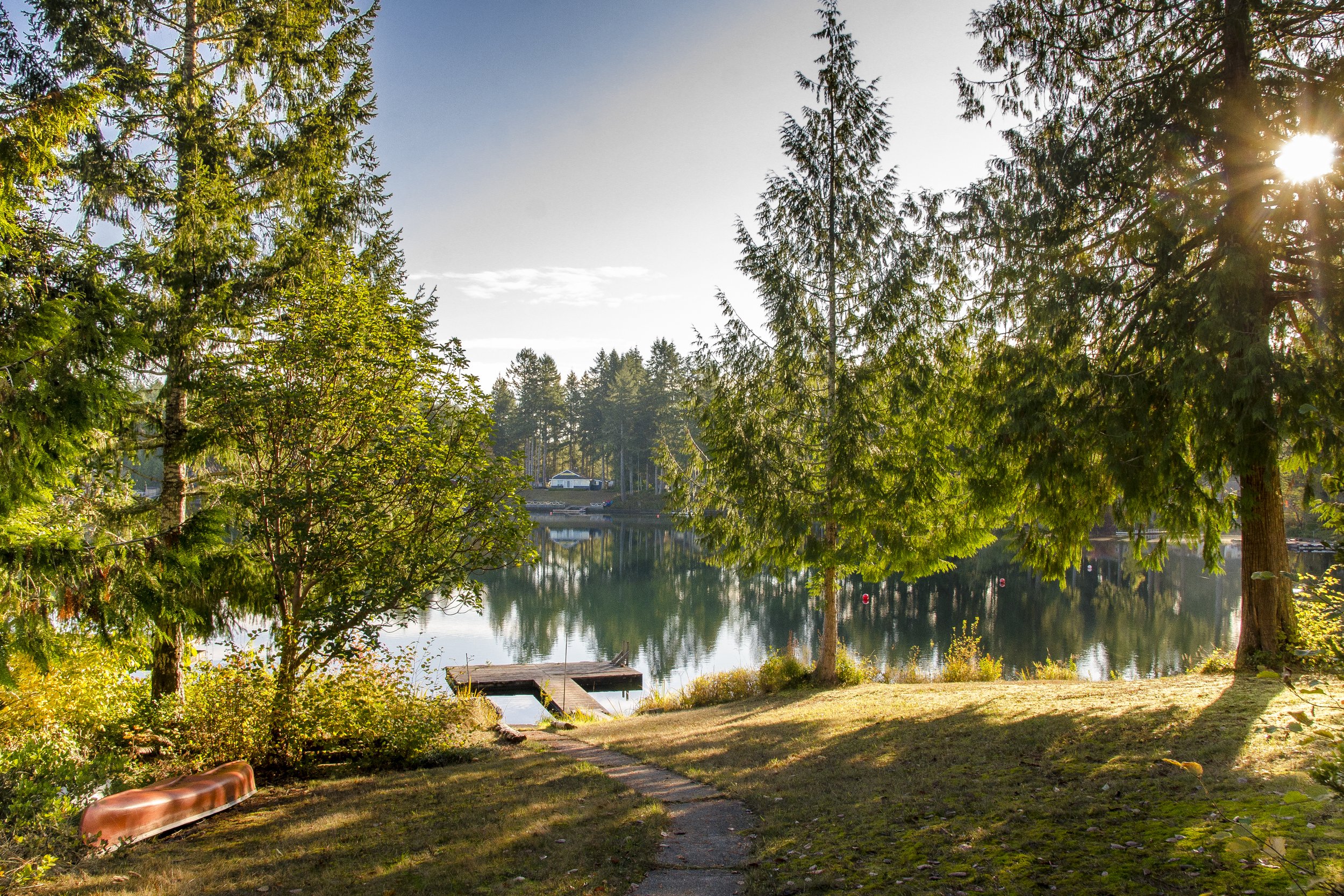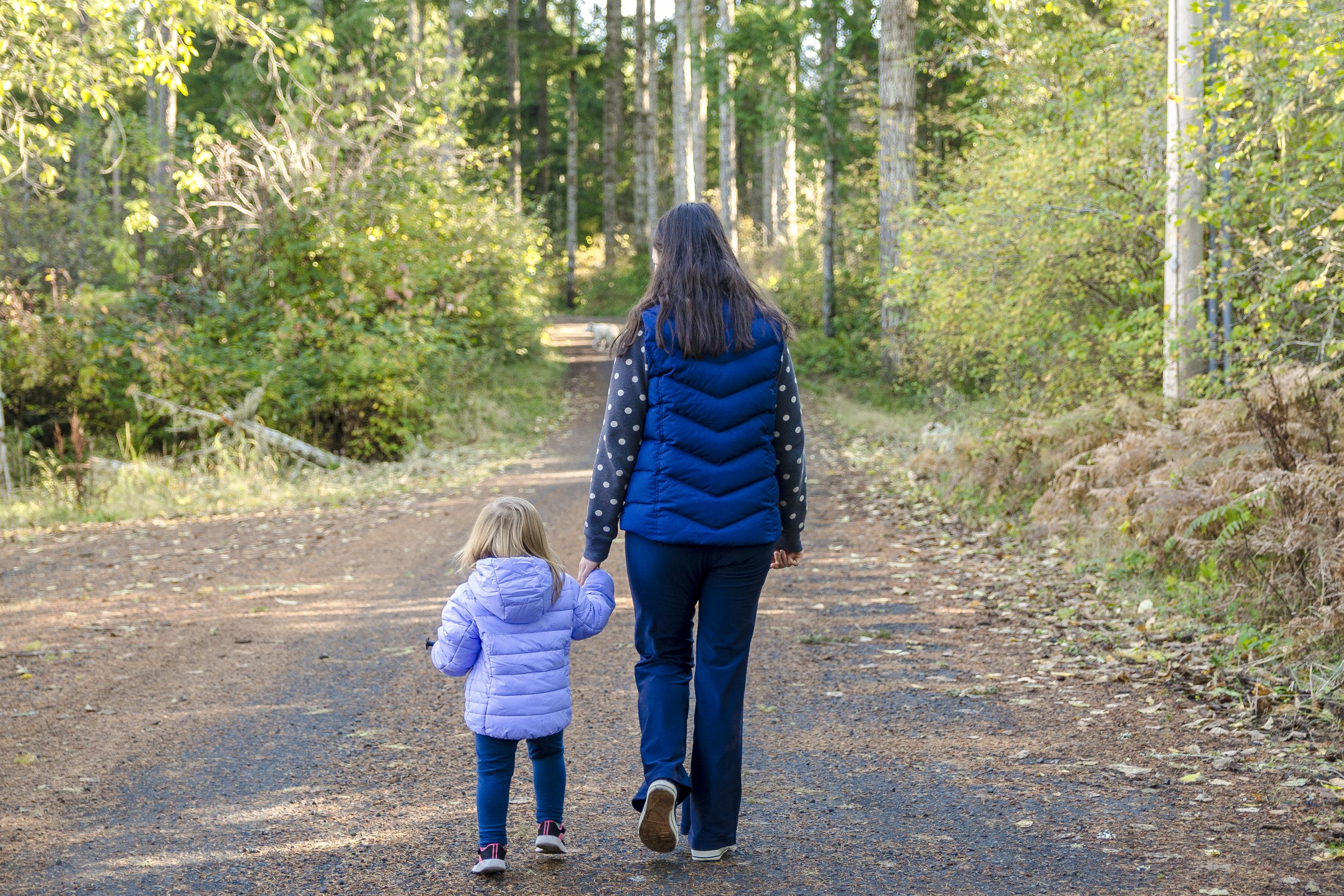seen
/Seen.
I can’t seem to get away from that word lately.
One of our speakers at MOPS talked about healthy relationships as places we can feel “seen, soothed, and safe.” On a podcast I just listened to, the guest said something like, “The one thing people are more attached to than their deeply-held beliefs is their need to be seen.” And the underlying theme of a book I read recently—On Purpose by Julie Zine Coleman—seems to center around the devastating lack of seen-ness that women in the modern American church experience, due to the questionable ways we have traditionally interpreted the Bible’s controversial passages about women.
As this word has pestered me until I can no longer ignore it, I’ve grown increasingly uncomfortable with two facts:
I need to be (and feel) seen—just like every human being who has ever lived. As much as I’d like to think myself superior, or immune, to this innate human need, I am not.
I cannot let the need to be and feel seen hold power over me.
If you were raised in evangelical Christianity, as I was—and especially if you are female—you probably know why the need to feel seen makes me feel so uncomfortable: it’s the exact opposite of how I learned to exist in the world. I always thought that the best and most Christian thing I could be was invisible.
After all, what were the “good” women in church always doing? The invisible tasks, like staffing the nursery, teaching children’s church, counting the offering behind a closed office door, or washing dishes in the kitchen while everyone else socialized over the potluck. And which girls were subject to adult disapproval, subtle or otherwise? The ones they thought to be dressing or behaving “for attention.”
But the quest to become invisible in order to feel like a good person is, I think, actually a backward quest to feel seen. That innate need to be known, understood, and cared for can’t be ignored into nonexistence. The longer we ignore it, the more insatiable it becomes, and the more power it gains over us.
For example: If the people that matter to me are only comfortable when I’m small, quiet, and doing the work of a martyr in the background, I’ll do my best to stay that way—because I need to feel seen and accepted by them. Stepping out of that role might catch their attention in the short term, but it could also alienate them in the long term, which would be an earthquake to my sense of self. So in service of being seen, I remain invisible.
But what happens when, in service of remaining invisible, I refuse to become who God has called me to be?
I’m going to make a statement that would lose some Christian authors, speakers, and influencers a lot of money and attention if it were accepted by the church: I don’t think a sinful desire for attention and power is a major stumbling block for Christian women. I think it’s the opposite—the need to be accepted by the group, the need to not be treated like a pariah for having a voice, is what stands in the way of many women walking in obedience to the Lord. At least, it’s what often stands in my way.
The need to be seen for who we are is real and legitimate, and with it comes the terrible vulnerability of being found lacking. I would rather spend my life protected from criticism by an invisibility cloak woven with nursery shifts and dirty dishes than stand up and speak out on behalf of the Good News of the Kingdom (especially when that good news is often unpopular even within the church’s walls). But have I been called to these acts of quiet, invisible service by God, or by my frail flesh?
For God has not given us a spirit of timidity, but of power and love and discipline.
Therefore do not be ashamed of the testimony of our Lord or of me His prisoner, but join with me in suffering for the gospel according to the power of God, who saved us and called us with a holy calling, not according to our works, but according to His own purpose and grace, which was granted to us in Christ Jesus from all eternity…
2 Timothy 1:7-9 (emphasis added)
What might it look like for me to stop living in a spirit of timidity? How could power, love, and discipline change the way I follow the holy calling of God?
As far as specifics go, I don’t know yet. But I know what other seemingly-powerless and invisible women knew long before me: We serve a God who sees, and His is the only judgment that ultimately matters.
So Sarai treated [Hagar] harshly, and she fled from her presence. Now the angel of the LORD found her by a spring of water in the wilderness, by the spring on the way to Shur. He said, “Hagar, Sarai’s maid, where have you come from and where are you going?” And she said, “I am fleeing from the presence of my mistress Sarai.” Then the angel of the LORD said to her, “Return to your mistress, and submit yourself to her authority.” Moreover, the angel of the LORD said to her, “I will greatly multiply your descendants so that they will be too many to count.” … Then she called the name of the LORD who spoke to her, “You area God who sees”; for she said, “Have I even remained alive here after seeing Him?” Therefore the well was called Beer-lahai-roi [the well of the living one who sees me]; behold, it is between Kadesh and Bered.
Genesis 16:6b-10, 13-14










